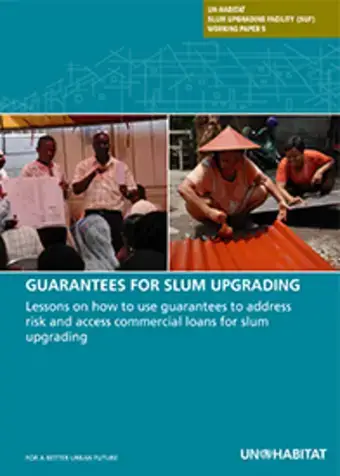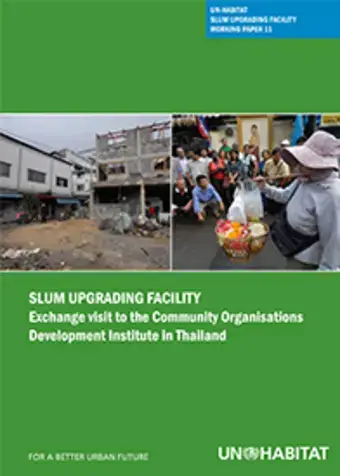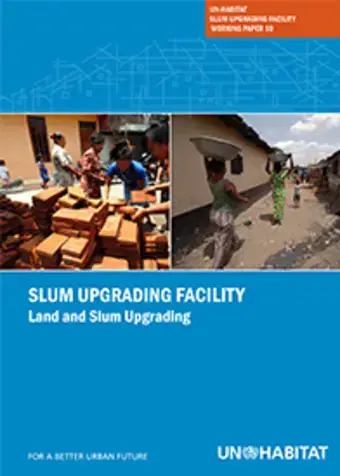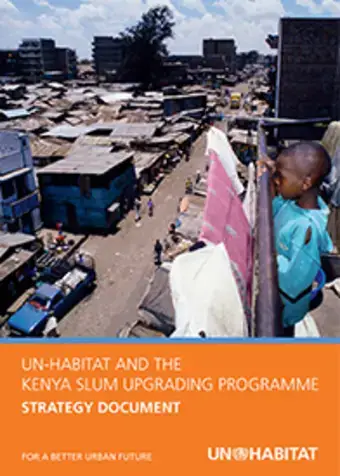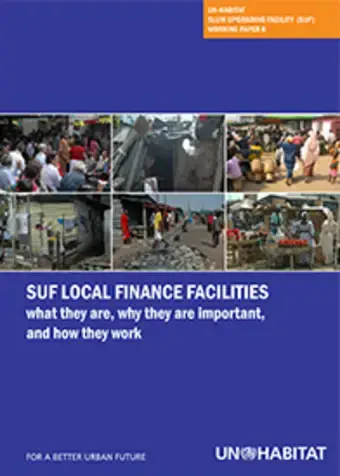In this lecture, Edgar Pieterse, professor at the University of Cape Town and the founding director of the African Centre for Cities, puts forward the concept of the underlying logic of slum urbanism. This logic in turn manifests in an overall urban form that can be characterised as 'extreme splintered urbanism'—a pattern of urban development that manifests in sharp urban divides, the privatisation of key urban services and infrastructure linked to large-scale slum neglect over long periods of time.
